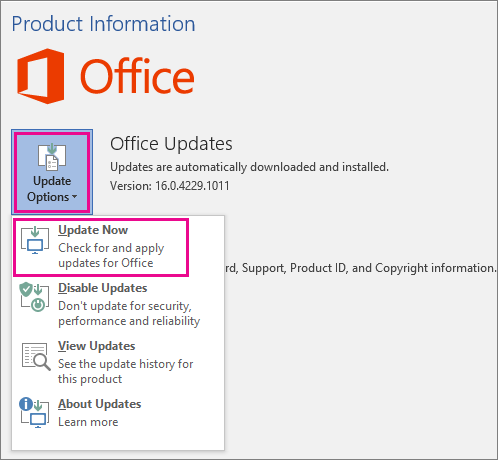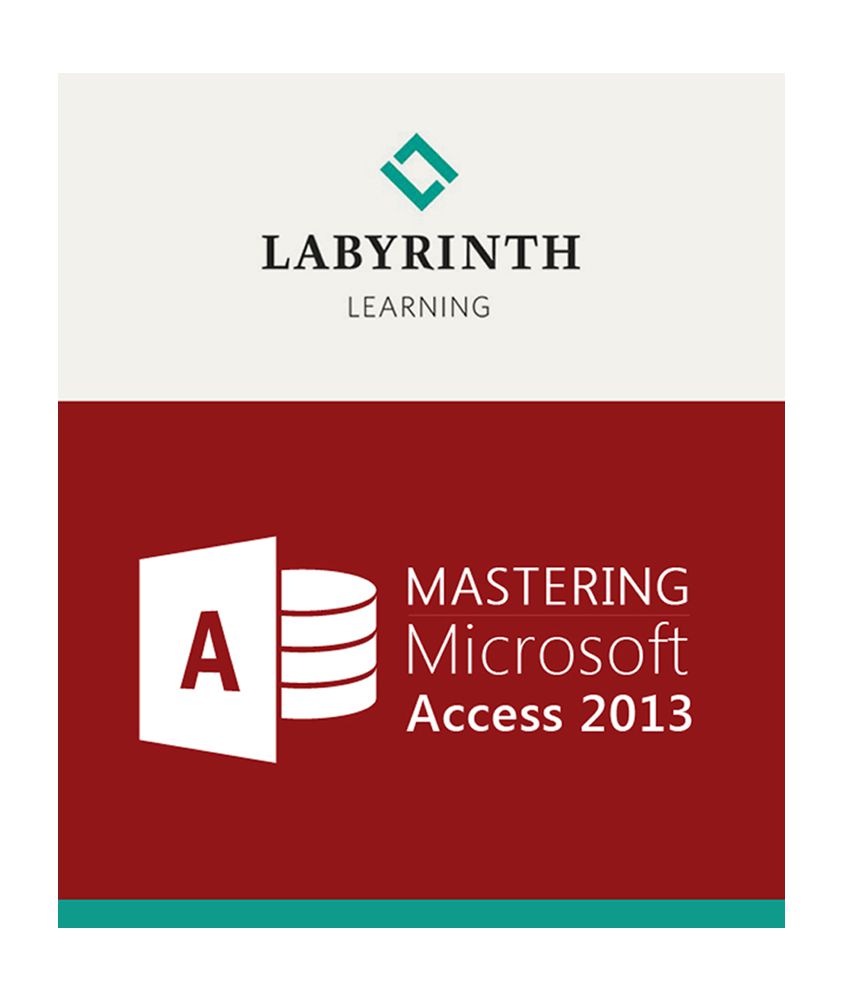

Microsoft Access (now officially called Microsoft Office Access) is a relational database from Microsoft that is now distributed as part of its Microsoft Office suite. (Almost) Everything You Need To Know About Microsoft Access And finally, since you might eventually have a need for monitoring the availability and performance of your access databases, we’ll review a couple of excellent products that you can use for that specific purpose. Next, we’ll briefly review some of the best Microsoft Access alternatives we could find.

And since the cons are not necessarily the only reasons why one would look for an alternative, that will be our next order of business. We’ll also have a look at the pros and cons of the product. More precisely, we’ll have a look at how Access differs from other database engines, what makes it stand out. After all, it will help better understand what to look for in a replacement. We’ll begin by having an in-depth look at Microsoft Access.

This ease of use in one of the main reasons for the success of the almost 30 years old product and it is something that many vendors have tried to emulate with a varying degree of success. In fact, there are several alternatives available and they are the subject of today’s post as we’re about to review some of the top Microsoft Access Alternatives.Īccess is quite different from other relational database engines as it comes with a built-in user-friendly front end that lets users create and manage databases using an easy-to-use and easy-to-learn graphical user interface.
/Untitled6.35.46PM-5c7203a3c9e77c000151ba7f.jpg)
As popular-and as ubiquitous-as Microsoft Access can be, it is not the only product of its kind.


 0 kommentar(er)
0 kommentar(er)
